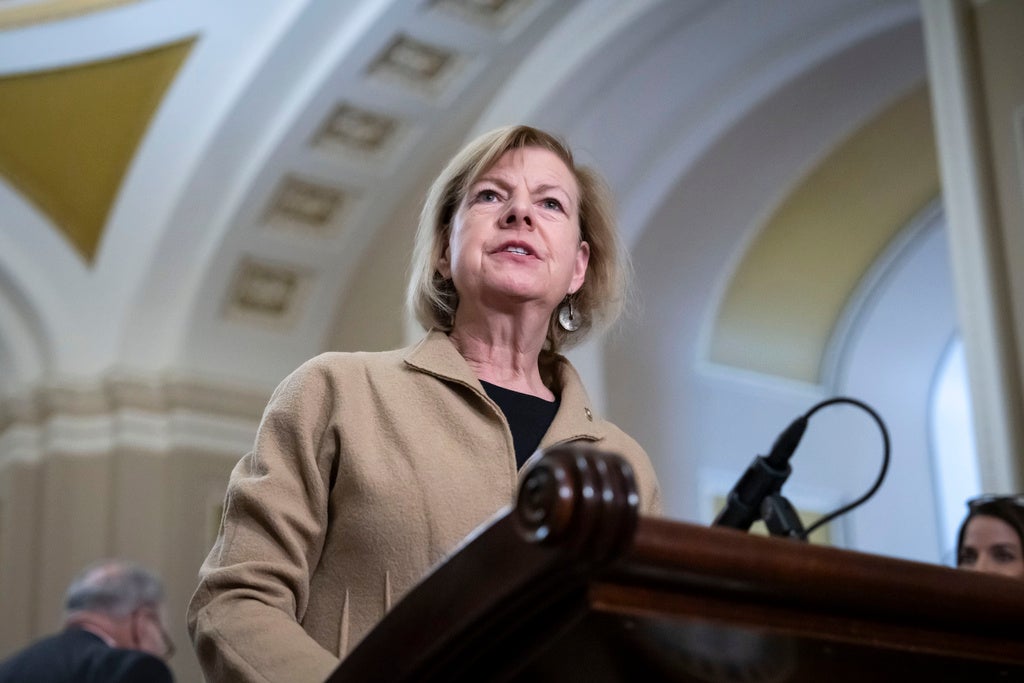Republican leaders used a procedural trick Wednesday to block a vote on a bill that would help cancer patients pay for chemotherapy.
Under the bill, insurance companies would have to charge the same rate for chemotherapy whether it’s delivered intravenously or with a pill. The plan has broad support in the Legislature. Senate Majority Leader Scott Fitzgerald even told reporters that if it came up for a vote, it’d likely pass.
“There’s probably enough votes in the Senate to pass it, but that’s not the issue,” Fitzgerald said. “We have people that feel very strong about these health care mandate bills, and they object to them, so that’s what’s going on with this bill right now.”
News with a little more humanity
WPR’s “Wisconsin Today” newsletter keeps you connected to the state you love without feeling overwhelmed. No paywall. No agenda. No corporate filter.
In other words, the bill may be supported by a majority of the Senate, but not a majority of Fitzgerald’s Senate Republican caucus. So, knowing that Democrats might try to force the issue and pull the bill for a vote, Fitzgerald scheduled it for a public hearing in the arcane Senate Organization Committee. That effectively locked the bill up until the Senate was done for the day. The public hearing never happened.
There’s nothing keeping Fitzgerald from doing the same thing again, though he said he wanted to see if he could get his members on board. State Sen. Jon Erpenbach, D-Middleton, was not ready to rule that possibility out.
“You know, I have faith that the bill will come up for a vote in the state Senate without us having to do any procedural motion,” Erpenbach said. “But at the same time, on the last day of session, if Senate Org. schedules the bill for a hearing, then we know that the insurance industry owns the Republican caucus.”
The insurance industry has fought the plan; hospitals and pharmaceutical companies have lobbied for it. Time is running out for the bill, as the legislative session ends the first week in April.
Wisconsin Public Radio, © Copyright 2025, Board of Regents of the University of Wisconsin System and Wisconsin Educational Communications Board.







